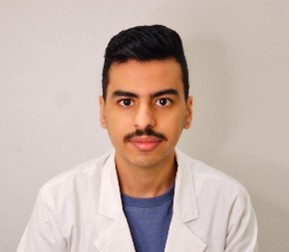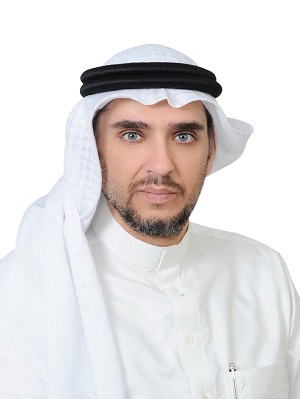Learning Activity Details
| Duration | 2 |
|---|---|
| Sessions | 2 Sessions |
| Course Location: | Recorded |
Select The Dates Of The Updated Scientific Valid Content Released By The Scientific Committee.
Speakers
Learning Activity Agenda:
PCOS, the debate, the integrative approach, an update
1. Compare and Contrast Diagnostic Criteria
2. Distinguish PCOS from Other Hyperandrogenic Conditions
3. Understand the Pathophysiology and Insulin Resistance Debate
4. Assess Long-Term Risks
5. Evaluate Treatment Strategies
6. Develop Patient-Centered Management Plans
7. Enhance Patient Counseling Skills
Scientific Committee:
Target Audience:
- Nursing and Midwifery
- Midwifery
- Nursing
- Medicine and Surgery
- Family Medicine
- General surgery
- Internal Medicine
- Emergency Medicine
- Obstetrics and Gynecology
- General Practice
Learning Activity Objectives:
o
Define PCOS and summarize its diagnostic criteria.
o
Discuss the controversies surrounding PCOS diagnosis and management.
o
Analyze the role of insulin resistance in PCOS and the
evidence for metformin use.
o
Evaluate the effectiveness of lifestyle changes compared
to pharmacological treatments.
o
Create individualized management plans for patients with
PCOS, addressing metabolic, reproductive, and psychological health.
Learning Activity Description:
PCOS, the debate, the integrative approach, an update
Polycystic Ovary Syndrome (PCOS) remains one of the most debated
topics in women’s health, with ongoing controversies surrounding its diagnosis,
pathophysiology, and management. This webinar will explore key areas of
uncertainty, including the differing diagnostic criteria (Rotterdam vs. NIH vs.
AE-PCOS Society), the role of insulin resistance, and the balance between
lifestyle modifications and medical interventions.
Join us for an evidence-based discussion on the latest updates in
PCOS, practical approaches to patient-centered management, and strategies for
optimizing both reproductive and metabolic health.
Learning Outcome:
-
Learners will be able to
identify and differentiate between diagnostic criteria for PCOS.
-
Learners will understand the
pathophysiological mechanisms underlying PCOS, including insulin resistance.
-
Learners will gain insight
into debated topics like the role of obesity, lifestyle interventions, and
hormonal treatments.
-
Learners will be able to
apply evidence-based practices to manage PCOS patients, tailored to their
symptoms and long-term goals.
-
Learners will develop
strategies for patient-centered counseling about fertility, metabolic health,
and psychological well-being.
Certificates
You have to attend 60% of the course to obtain the certificate.


